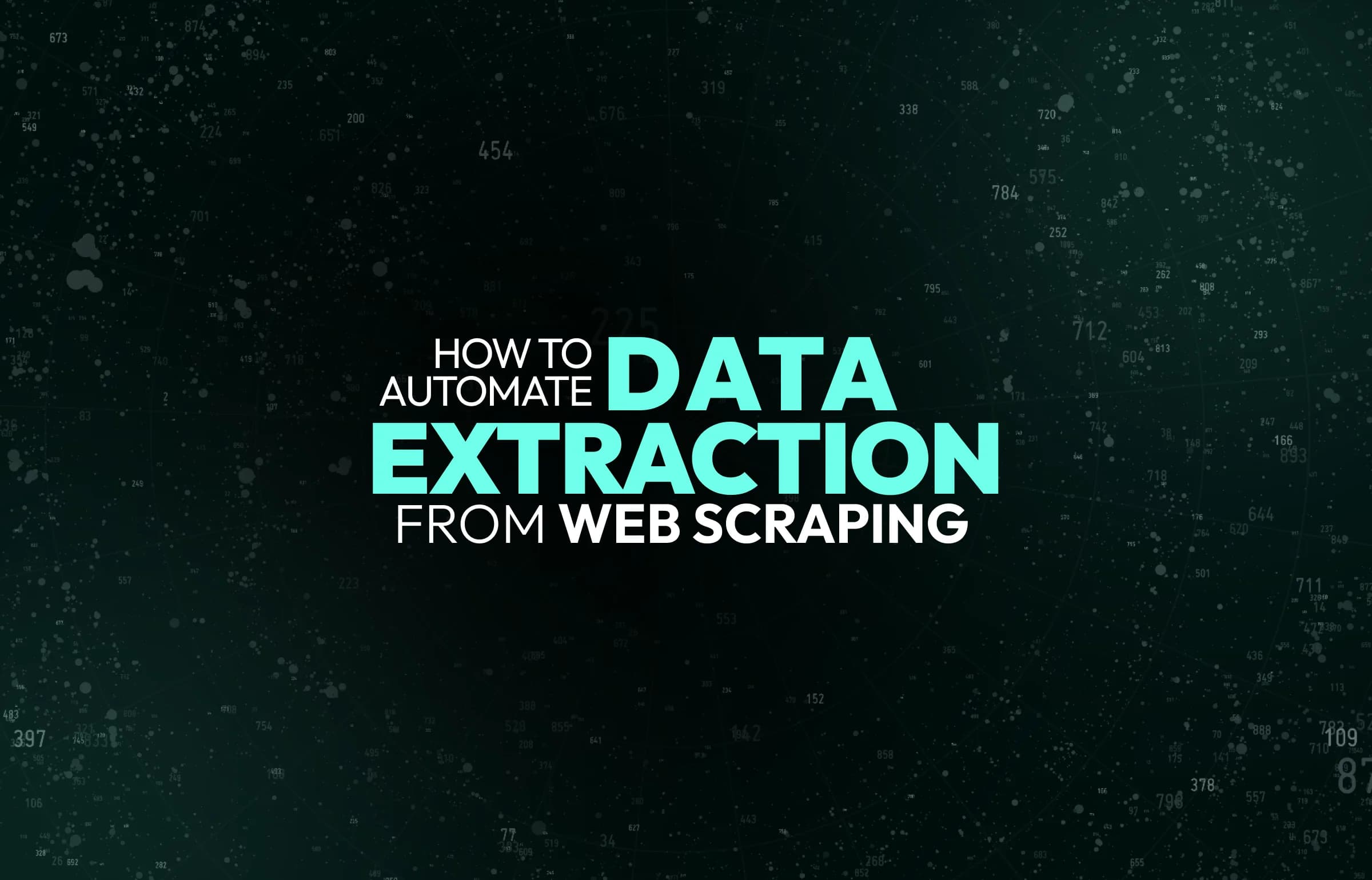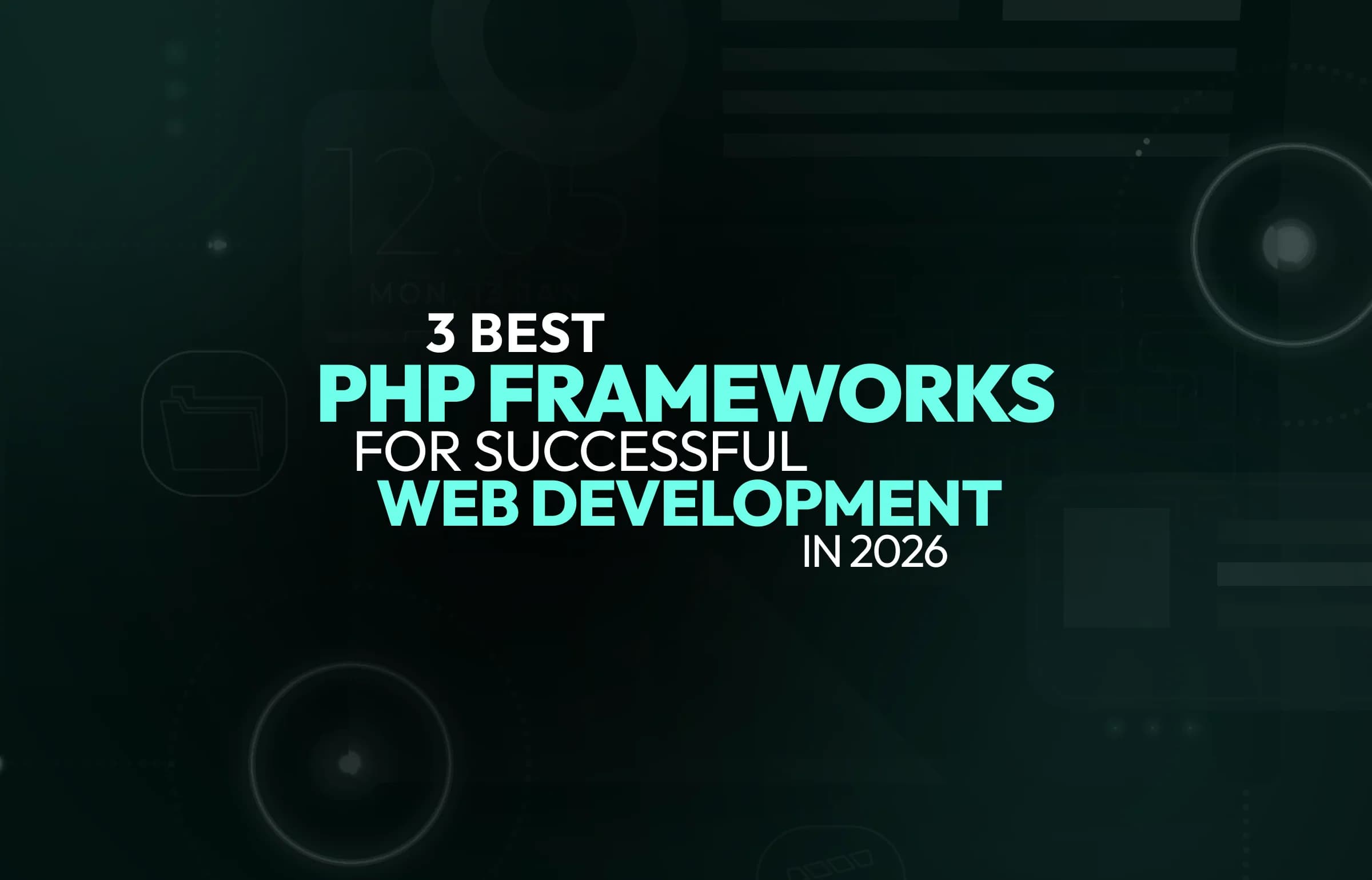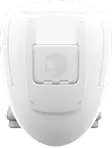Without solid security measures, even the best SaaS solutions can become weak points that put your business at risk. Let’s look at why prioritizing SaaS security is a non-negotiable part of running a successful business:
1. Sensitive Data Protection
Think about the type of data you store in SaaS applications – client details, financial records, proprietary information. If any of that data gets compromised, it’s not just a bad day; it’s a potential crisis for your company – from legal issues to lost clients.
That’s where robust security requirements for SaaS applications come in. Let’s break it down: encryption is like putting your data in a locked box. It scrambles everything so that only the right people can read it. Then there’s restricted access, which means only the folks who really need to see the information can get to it. This cuts down on the chances of someone stumbling upon sensitive data they shouldn't be looking at.
Continuous monitoring is another key piece of the puzzle. It’s like having security cameras in your store – you want to know what’s going on at all times. With continuous monitoring, you can spot any unusual activity right away, which helps you respond before things spiral out of control.
Robust SaaS security measures help you ensure that sensitive data remains safe. Encryption, restricted access, and continuous monitoring – all work together to keep threats at bay and minimize vulnerabilities. This translates to fewer sleepless nights and a stronger trust relationship with your customers.
2. Compliance and Regulations
Regulatory requirements aren’t just read tape – they’re essential guidelines that ensure businesses treat data with the care it deserves. Standards like SOC 2 and ISO 27001 lay down the law with stringent security protocols that every company must adhere to.
SOC 2, for instance, focuses specifically on the management of customer data based on five trust service principles:
- Security.
- Availability.
- Processing integrity.
- Confidentiality.
- Privacy.
On the other hand, ISO 27001 is an international standard that provides a framework for an information security management system (ISMS). It’s all about creating a systematic approach to managing sensitive company information so that it remains secure. Achieving ISO 27001 certification demonstrates that your organization is committed to continuously improving its security practices, making it a strong selling point for potential clients.
If you don’t meet these standards, you could face hefty fines, legal issues, and a reputation hit that takes a long time to recover from. When you show you’re committed to these standards, it builds trust with your clients and stakeholders. They’ll know their data is in good hands, and that’s priceless.
3. Minimized Downtime
Downtime due to security issues can hit your bottom line hard. When a cyberattack or data incident disrupts your SaaS tools, it can bring your whole operation to a standstill. Picture this: a critical system goes down, and suddenly your team can’t access the tools they need to get their work done. Projects that were on track can get delayed, deadlines slip, and customers start to get frustrated.
It’s not just about losing productivity because there’s a real cost involved. Each hour of downtime can mean lost sales and damaged relationships with your clients. Plus, your team is left scrambling to fix the problem instead of focusing on their core tasks, which can lead to burnout and frustration.









